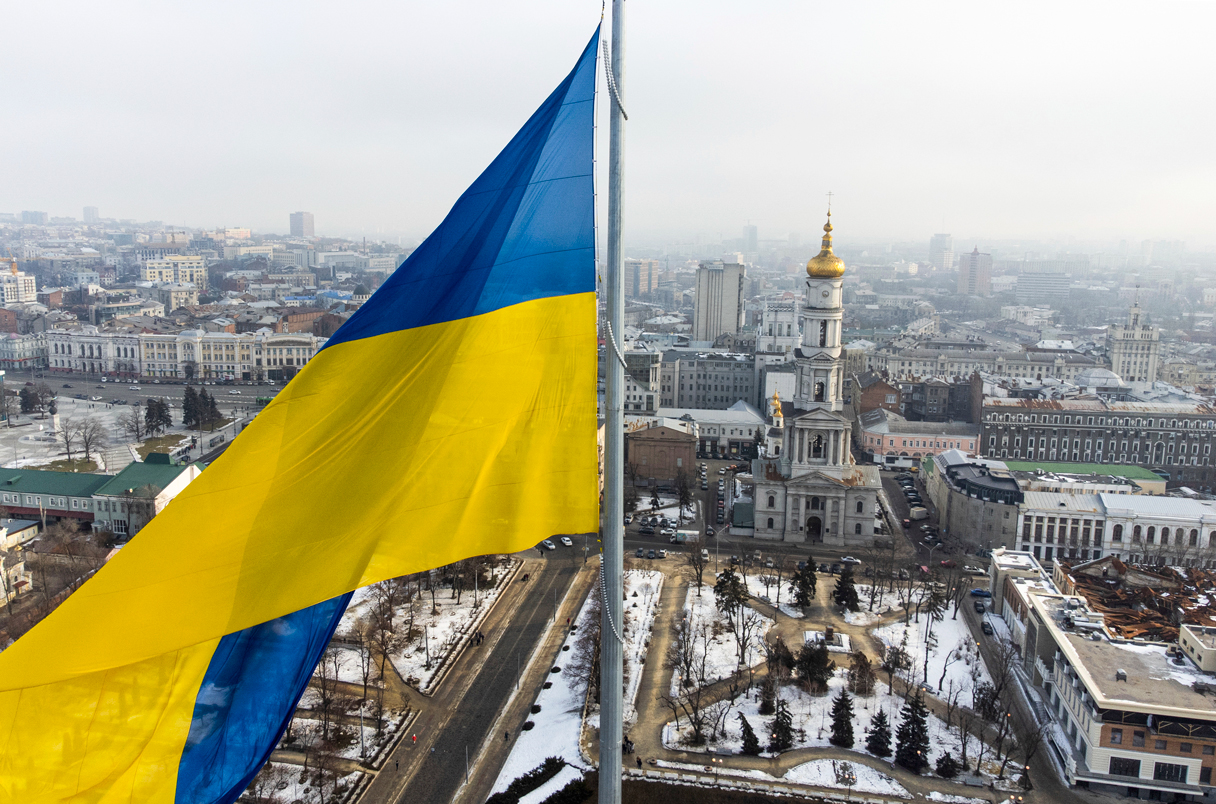The Russo-Ukrainian war is a conflict that has been going on since 2014, beginning with the illegal annexation of the Crimean Peninsula, and an uprisal of Russian separatists in the Donbas-region. At that time, international media corporations wrote about the first western sanctions against Russia, and the main focus of many articles was about how the war would impact European countries, later covering some parts of the Russian-funded war happening in East-Ukraine. In Norway, where I come from, articles about the ongoing conflict that had previously been on the main page of the national broadcasting service gradually disappeared. New news replaced the conflict that had “vanished” from the radars of ordinary citizens, while people were still dying in cities like Luhansk and Donetsk. In the coming years, some reports of the conflict occasionally appeared, but they were never the main focus of either private media companies or the state funded NRK (Norwegian Broadcasting Service). Other than that, based on the media situation, all was quiet until the end of 2021, when Russian troops mobilized and nearly encircled Ukraine. This media uprisal was throttled by other international medias focusing heavily on this. And what the journalists wrote about, was the predictions of US military intelligence stating that a “sleeping war” conflict was just about to turn into a terrifying one, and they were right.
In February 2022, a full-scale invasion began, with the goal of “demilitarization” and “denazification” of a civilized western country, while in reality, Putin’s regime caused a genocide and general disorder throughout Ukraine, causing a whopping 14 million people to flee from their homes. Since then, the whole war has only been inhumane and evil, leading the world into a difficult economic and political situation. Norwegian media covered the conflict extensively in the first quarter of ‘22, focusing on different perspectives and carefully citing their sources. Then in the same way it happened after 2014, the articles about people in an immediate need of help once again started disappearing from the top news. When and why do media companies stop writing about wars?
One should never stop informing the world about war! However, media sources have to post articles about domestic news as well, keeping inhabitants up to track about national conditions. Another fact is that most private news actors make click-based articles, having advertisements as their main income source. In Norway for instance, it may, in some situations, be more effective posting news with catchy headlines like: “the best workout routines”, or “how to make the best cake” as more people click on them. The Russo-Ukrainian war together with other disputes around the world deserve attention in the media, but civilians not being directly impacted by the war often feel a need of having breaks from tough conflicts like this, and thus click more “pleasing” headlines. Today, one would actually need to scroll down 38 articles on the official website of Norwegian Broadcasting Service (NRK) before finding the Ukraine slide, and that is not the proper way of increasing the public knowledge about international relations! If media in my country were covering the Ukrainian war in a more obvious way right now, people would eventually understand how to help, as well as value their freedom more – because that freedom is not something we can take for granted. Not wanting to read about genocide may be acceptable, but not giving the people the chance to do it is not. An extensive yet balanced media coverage would give people the ability to choose what to read, as well as securing them from ending up at alternative websites, risking being infected by Russian propaganda.

